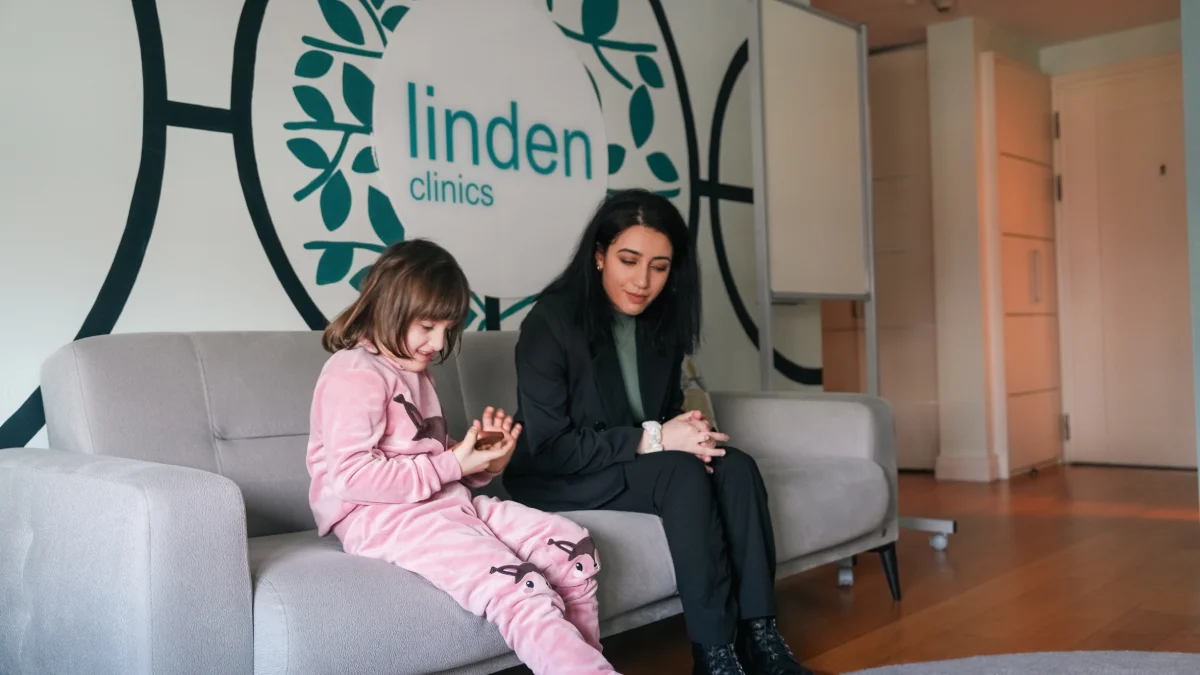Exploring the Connection Between Autism and Ethnicity
Autism Spectrum Disorder (ASD) is a complex neurodevelopmental condition that affects individuals worldwide. As awareness grows, researchers and families alike ask: Is autism related to ethnicity? While ASD occurs across all ethnic and racial groups, disparities in diagnosis, access to care, and treatment approaches vary significantly based on socioeconomic and cultural factors.
Table of Contents
Autism Prevalence Across Different Ethnic Groups
Scientific research indicates that autism is not inherently tied to ethnicity or race, but diagnostic rates and recognition can vary. Studies show that in many countries, autism is more frequently diagnosed in certain populations due to differences in healthcare accessibility, cultural perceptions, and awareness levels.
Factors Influencing Diagnosis Rates
- Healthcare Access – Countries with better screening programs often report higher ASD prevalence.
- Cultural Stigma – Some communities may underreport autism symptoms due to misconceptions or social concerns.
- Genetic Studies – While some genetic variations related to autism have been identified, these variations are not specific to any one ethnic group.
- Socioeconomic Status – Families with better healthcare access and education are more likely to seek early diagnosis and intervention.
The Role of Stem Cell Therapy in Autism Treatment
As research into autism interventions continues, stem cell therapy is gaining recognition as a potential treatment option. This innovative approach is designed to reduce neuroinflammation, promote brain function, and improve behavioral outcomes.
Stem Cell Therapy for Autism Reviews
Families worldwide report notable improvements after stem cell therapy for autism, including:
- Enhanced speech and communication skills.
- Improved social interaction and emotional regulation.
- Reduced hyperactivity and repetitive behaviors.

Best Stem Cell Clinics for Autism
Choosing a specialized clinic with experienced professionals and ethical treatment protocols is crucial for achieving the best results. Clinics offering personalized treatment plans tailored to the unique needs of individuals with autism provide the highest level of care.
Stem Cell Therapy Autism Clinical Trials
Ongoing research into stem cell therapy autism clinical trials is expanding our understanding of how mesenchymal stem cells (MSCs) can help individuals with ASD. Scientists are focusing on how these cells may aid in reducing neuroinflammation and improving cognitive function.
Stem Cell Therapy Autism Success Rate
While every child’s response to treatment varies, many families have seen significant improvements in quality of life, behavior, and communication after stem cell therapy. Research continues to refine treatment strategies for optimal results.
Addressing Common Questions
Does ethnicity affect the likelihood of developing autism?
Autism occurs across all ethnic groups, though diagnostic rates vary due to access to healthcare, cultural beliefs, and socioeconomic factors.
How does stem cell therapy help in autism treatment?
Stem cell therapy aims to enhance brain function, reduce inflammation, and support neurological development, leading to improved behavioral and cognitive outcomes.
Are certain ethnic groups more likely to seek autism treatment?
Awareness and access to healthcare play a significant role. In some regions, cultural stigma and limited resources impact early diagnosis and treatment rates.
Is stem cell therapy widely available for autism?
Many specialized clinics provide stem cell therapy for autism, and research is continuously expanding its effectiveness and accessibility.
What should families consider before pursuing stem cell therapy?
Families should seek reputable clinics, ensure a thorough medical evaluation, and discuss expected outcomes with professionals before proceeding.
Final Thoughts
While autism is not inherently linked to ethnicity, differences in diagnosis, awareness, and treatment accessibility continue to shape global autism care. Stem cell therapy stands as a promising option for improving the lives of individuals with ASD, offering families hope for better outcomes.
If you found this article insightful, share it to promote awareness, early diagnosis, and innovative autism therapies.
